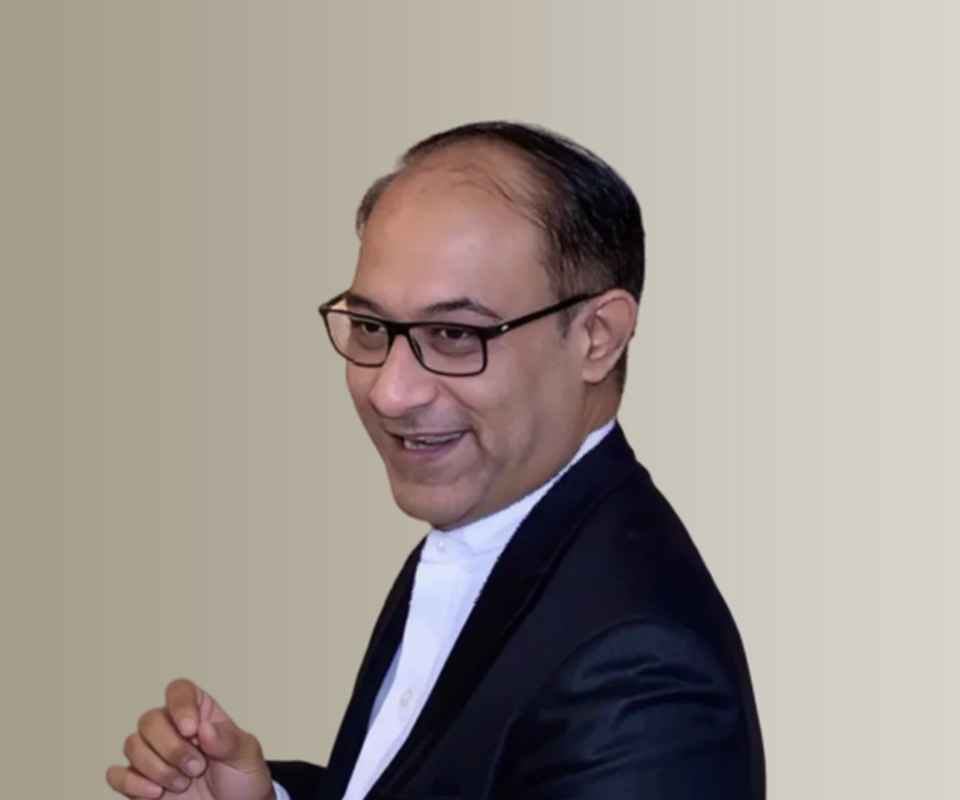Answer By law4u team
Yes, a registered will can be revoked in India, but the process and conditions are specific under the modern Indian legal framework, particularly in line with the Bharatiya Nyaya Sanhita (BNS) and Bharatiya Nagarik Suraksha Sanhita (BNSS). Registration of a will does not make it irrevocable—it simply serves as proof of execution. Here’s a detailed explanation: 1. Principle of Revocation A will is a revocable instrument, meaning the testator (the person who made the will) can revoke, alter, or amend it at any time during their lifetime, as long as they are mentally competent. Registration only provides evidence that the will existed at a certain date, but it does not affect the testator’s right to revoke it. 2. Modes of Revocation A registered will can be revoked in several ways under Indian law: 1. By Writing a New Will The testator can execute a new will that either completely replaces the old one or modifies certain clauses. The new will should ideally mention the revocation of previous wills to avoid confusion. 2. By Express Revocation The testator can write a revocation letter or statement clearly stating that the existing will is revoked. This revocation should be signed, dated, and preferably registered (though registration is not mandatory for revocation). 3. By Physical Destruction If the testator destroys, tears, burns, or otherwise cancels the registered will with the intention of revoking it, the will is considered revoked. Mere accidental damage does not revoke a will; intent is crucial. 4. By Marriage or Divorce (in certain cases) Under BNSS/BNS principles, marriage or divorce can automatically revoke certain wills if the will was specifically in favor of a spouse who is no longer in that relationship. 3. Role of Registration in Revocation Registration of a will only provides proof that the will was executed before a registrar in accordance with legal formalities. Registration does not prevent the testator from revoking it. To revoke a registered will, it is advisable to either execute a registered new will or clearly notify revocation to avoid disputes. 4. Legal Safeguards Mental capacity: The testator must be of sound mind at the time of revocation. Clear intention: Revocation is valid only if the intent to revoke is clear and deliberate. Evidence: In case of disputes after the testator’s death, the court examines whether the revocation was intentional and genuine. Registration of the original will makes the revocation easier to challenge, so formal revocation is recommended. 5. Practical Advice If you have a registered will and wish to revoke it, the safest way is to: 1. Execute a new registered will explicitly stating the revocation of the old will. 2. Physically cancel the old will by destroying it in the presence of witnesses, if possible. Keeping proper records and witnesses ensures that there is no dispute about the revocation later. In summary: A registered will can definitely be revoked. Revocation can occur by writing a new will, by express declaration, by destruction, or by legal events like marriage/divorce in specific cases. Registration only proves the existence of the will; it does not make it irrevocable. To avoid disputes, revocation should be clear, intentional, and preferably documented.









